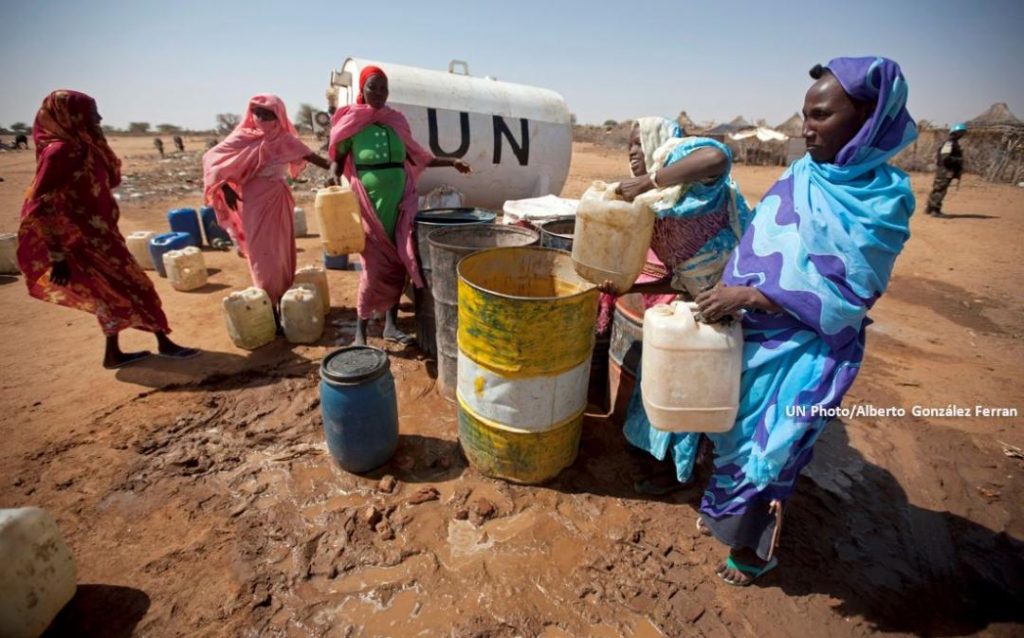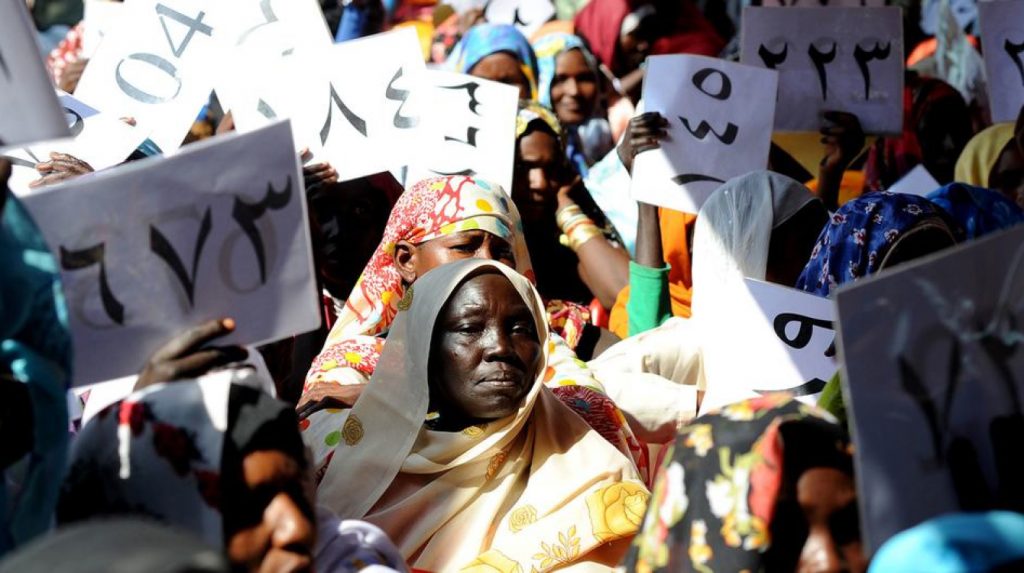Why Everyone Should Really Care About Women, Peace, and Security Stuff
First established in 2000 through United Nations Security Council Resolution (UNSCR) 1325, the women, peace, and security agenda aims to highlight the importance of equal participation in security-related decision-making and integrating women’s rights in all aspects of peace and conflict resolution activities.
Conflict is a gendered activity: women and men have different access to resources, power and decision making before, during and after conflicts. The experience of women and men in situations of tension, war, and post-conflict reconstruction is significantly different. Approximately 80% of today’s civilian casualties are women and 80% of all refugees and internally displaced people worldwide are women and children. As emphasised in the Platform for Action of the United Nations Fourth World Conference on Women, “while entire communities suffer the consequences of armed conflict and terrorism, women and girls are particularly affected because of their status in society and their sex”.
In addition, with increasing commitment to UN Security Council Resolution 1325, countries developed national action plans to address gender inequality issues related to security in their countries. This also allowed governments to highlight regional, state and local priorities.
Canada’s latest national action plan covers the years 2023 to 2029. It is based on lessons learned from Canada’s two previous national action plans on women, peace and security, which spanned from 2010 to 2022.

The Women, Peace and Security Agenda has a transformative potential. It is a powerful tool for moving from exclusive to democratic decision-making, from gender inequality to gender justice and from conflict and violence to sustainable and feminist peace.
The Agenda is now recognised internationally, but there are still challenges. Patriarchy, inequalities, militarised masculinities and discriminatory power structures inhibit effective conflict prevention, inclusive peace, women’s rights and participation.
To realise a transformative potential of the Women, Peace and Security Agenda, it is time to move from verbal commitments to action: Governments, the United Nations, civil society, the private sector and other actors must implement relevant commitments across all thematic areas!

The maintenance and promotion of international peace and security cannot be realised without fully understanding the impact of armed conflicts on women and without appropriate measures being taken to ensure their empowerment and security. Women’s equal participation in the peace process is an essential precondition for establishing lasting peace. Women also bring alternative perspectives to conflict prevention which is more focused on the grass-roots and community levels. Practical steps and initiatives should be taken by the European countries to advance the role of women in all aspects of conflict prevention and post-conflict peace-building.
Notwithstanding resolutions, appeals and recommendations of international bodies and the pressure of non-governmental organisations, Europe has so far failed to ensure women’s full participation on an equal footing with men in conflict prevention, peace operations and post-conflict peace-building. In particular, women are often marginalised or excluded from negotiations and diplomatic initiatives aimed at ending armed conflicts, as was the case in peace talks in Kosovo, the Southern Caucasus and recently in Afghanistan and Iraq.
Garrett is a skilled author driven by a desire to illuminate global issues through his writing. With a foundation in journalism and international relations, he offers a distinctive viewpoint in his work, exploring the complexities of geopolitical events in depth.




How can individuals support the implementation of Women, Peace, and Security initiatives in their own communities?
Individuals can support the implementation of Women, Peace, and Security initiatives in their own communities by advocating for gender equality in decision-making processes, promoting women’s rights awareness, and actively participating in local peacebuilding efforts. It is crucial for community members to engage in dialogues, workshops, and educational campaigns that empower women and promote their inclusion in conflict resolution activities. By standing in solidarity with women and advocating for their meaningful involvement in peace initiatives, individuals can contribute to creating more inclusive and sustainable peace processes at the grassroots level.
Why are women and children the majority of refugees and casualties in conflicts? How can we ensure their protection and equal participation?
Women and children often bear the brunt of conflicts due to their vulnerable status in society. Ensuring their protection and equal participation requires implementing robust policies that prioritize their rights and meaningful inclusion in decision-making processes.
It’s crucial that we all support women, peace, and security initiatives. Women’s voices and perspectives are essential in shaping a more peaceful and inclusive world. We must ensure equal participation in decision-making and prioritize women’s rights in conflict resolution efforts.
It is crucial that we all support and prioritize Women, Peace, and Security initiatives. Women’s perspectives and participation are essential in creating sustainable peace and security worldwide. We must ensure equal access to decision-making processes and protect the rights of women and girls in conflict-affected areas.
Why is it so crucial for countries to develop national action plans specifically focused on addressing gender inequality in security issues? What tangible benefits have been seen from implementing such plans?
It is crucial for countries to develop national action plans focused on addressing gender inequality in security issues because these plans help ensure equal participation and protection for all individuals, regardless of gender. By implementing such plans, tangible benefits have been seen in increased protection for women and girls in conflict zones, improved conflict resolution outcomes, and greater representation of women in decision-making processes related to security. These plans not only promote gender equality but also contribute to overall peace and stability in societies.
Why is it crucial for both men and women to be actively involved in decision-making processes related to security and peace initiatives? How can we ensure equal participation and rights for women in conflict resolution activities?
It is crucial for both men and women to be actively involved in decision-making processes related to security and peace initiatives because diverse perspectives lead to more effective and sustainable solutions. To ensure equal participation and rights for women in conflict resolution activities, it is essential to promote gender equality in all spheres of society, provide training and resources for women to participate meaningfully, and address systemic barriers that limit their involvement.
Could you provide more details on specific initiatives within Canada’s latest national action plan addressing women, peace, and security?